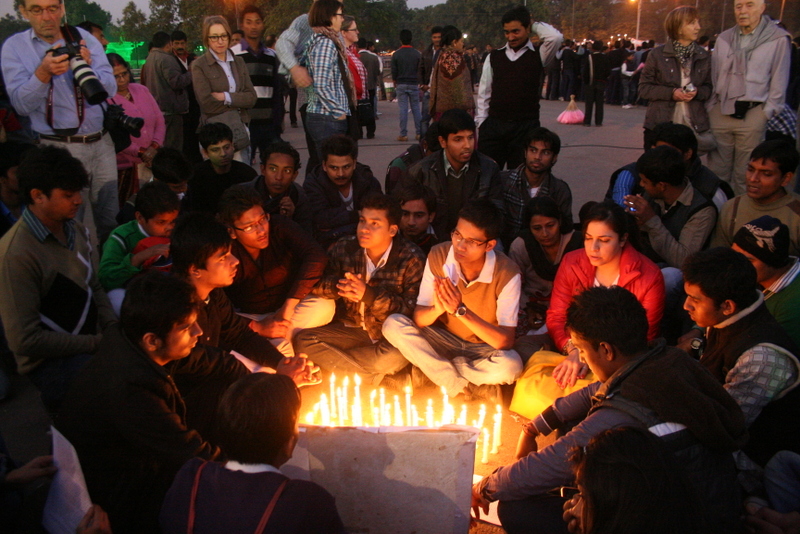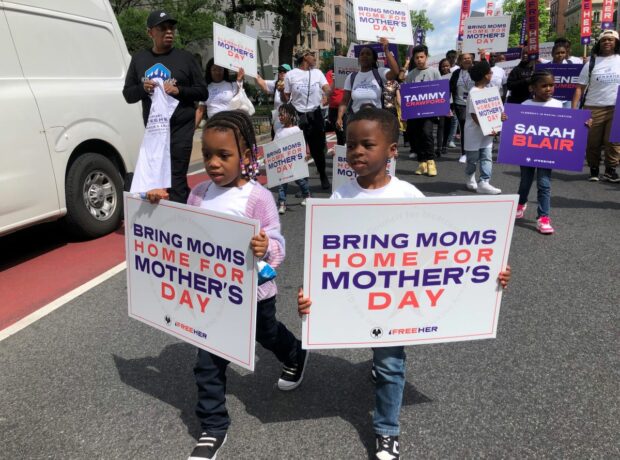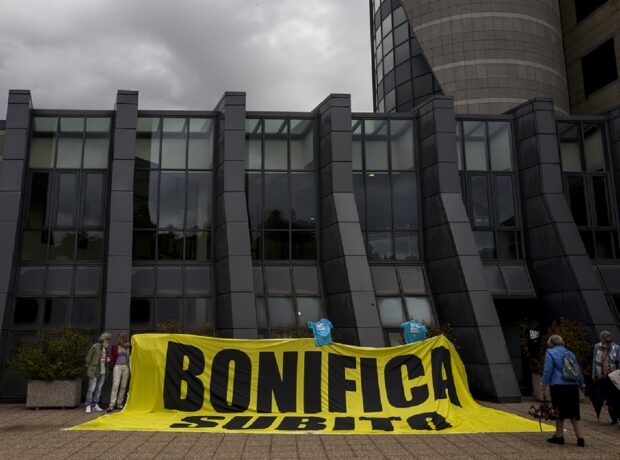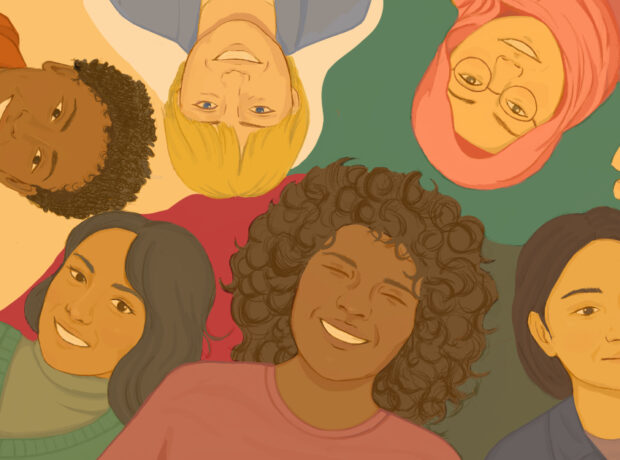This podcast looks at how two rapes, 40 years apart, acted as catalysts for feminist protest in India. The rape of Mathura in 1972 and the Delhi bus gang rape of Jyoti Singh in 2012 both sparked grassroots protests that spread like wildfire. But can such protests bring lasting change?
The Rape of Mathura, 1972
Mathura, a young, orphaned girl who lived with her brother and worked as a labourer, accused two police officers of subjecting her to rape and attempted rape, while she was visiting a police station to file a statement. At this time, it was rare for such accusations to be taken to court, and in the podcast, one of the interviewees describes Mathura as having undertaken “a rare act of bravery.”
As Mathura’s case moved up through the Indian courts, the decisions of judges changed. First of all, the sessions judge decided that there was insufficient evidence to convict the accused. The High Court then decided Mathura had been taken advantage of and sentenced both of the accused to prison. Finally, the Supreme Court reversed the verdict and decided that no rape had taken place.
This final reversal of the High Court decision prompted widespread public outcry. In addition, four prominent law professors, including the renowned Upendra Baxi from the University of Warwick, wrote an open letter of complaint to Chief Justice, outlining the dangerous precedents set in the case.
The protests surrounding the decision led to amendments in Indian criminal law, including shifting the burden of proof to the accused once intercourse had been established, making custodial rape punishable, the prohibition of victim identity disclosure, and tougher sentences. This podcast asks whether protest can really create lasting change on the ground for women in India, and if not, why not?
The Rape of Nirbhaya, 2012
On 16 December 2012, Jyoti Singh, a 23-year-old woman studying to become a physiotherapist while working nights at a call centre, and her friend, a young man named Awindra Pandey, were just returning home, having been to the cinema to watch The Life of Pi. They spotted a bus heading in the direction of their home, a private, white bus – one of many such vehicles in the city. The bus driver accepted their money and they stepped on board. Five young men were already seated there.
Over the next hour, Jyoti was beaten with an iron bar and raped by each of the six men who had taken her and her friend hostage in turn. Meanwhile, her friend, while trying to save her, was continually beaten himself. The bus kept moving through the city.
After an hour or so, Jyoti and Awindra were thrown out onto the street. Passers-by found them and called the police. Jyoti held on to life long enough to tell the police what had happened to her.
As Jyoti’s condition worsened, protests throughout Delhi increased. Soon, they had spread throughout the country. These protests were not centrally organised, but seemed to catch like wildfire, uniting people from different castes and religions. Jyoti became known as Nirbhaya, the Hindi word for fearless, until her family consented to the publication of her real name. Having been transferred to several hospitals, she died of her injuries two weeks after the attack.
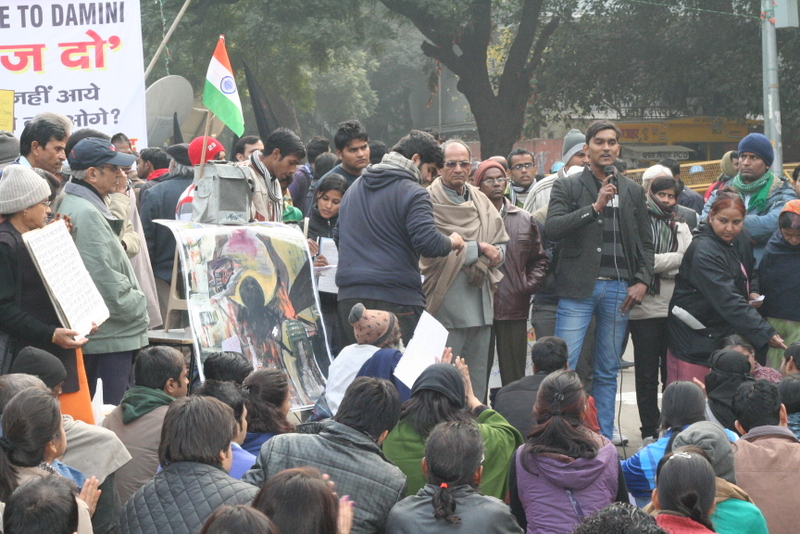
Protests in India against Nirbhaya’s rape – photography by Ramesh Lalwani
In response to the protests, the government introduced more night patrols, checks on bus drivers, and a ban on buses with dark windows or curtains. They also began to reform rape laws. In 2013, they announced harsher punishments for rape, expanded the definition of rape by stating that the absence of physical struggle does not equate to consent, and introducing the death penalty for repeat offenders or rapes that cause comas. Fast-track courts were set up to deal with similar rape cases.
In 2013, four of the accused were convicted of rape and murder. They were sentenced to death and after seven years of appeals, they were executed in 2020. Jyoti’s mother was quoted in a BBC News interview as saying her daughter would have been happy with the outcome. One of the accused, the juvenile, was placed in a reform centre for three years, which is the maximum time that Indian law allows.
But what has been done to protect women in India more broadly? One of Jyoti’s parents has been quoted by The Guardian as saying, “If you ask me if there has been any change in the system, I would say no with a capital N.” If structural change has not truly occurred, how could it? This podcast by Payal Shah encourages us to look for answers. And it ends with a perhaps surprising take on the situation: do we need to look beyond protest altogether? If there were more women in power, would that in itself change things, and if so, how?
Find more information here.
Read more:
All photography by Ramesh Lalwani.
